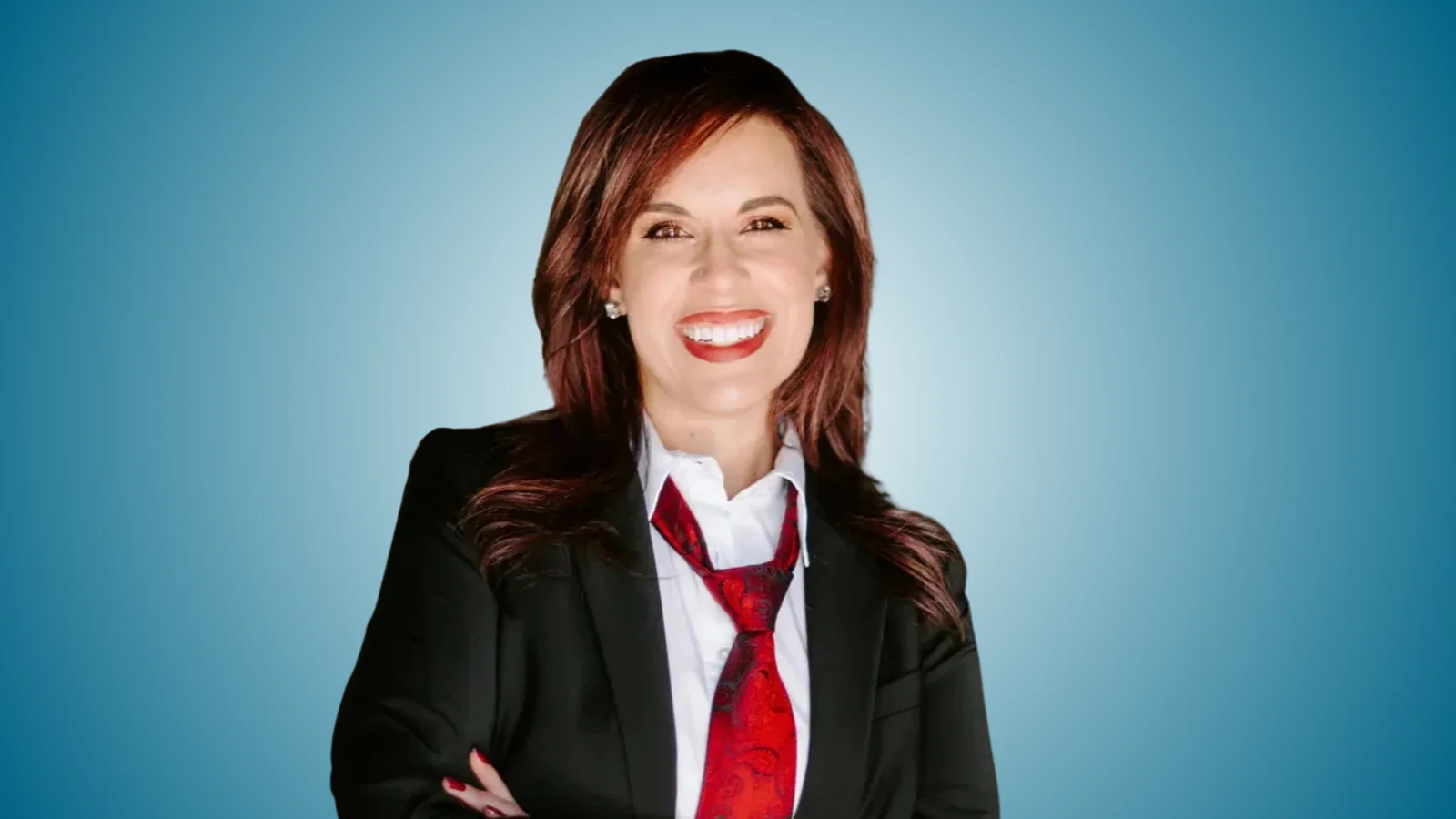In a recent appearance on the Joe Rogan Experience, Meta CEO Mark Zuckerberg confirmed a long-held suspicion: the U.S. government has been pressuring tech companies like Meta to censor content on social media. Zuckerberg revealed that Meta received phone calls from government officials threatening “repercussions” if they didn’t remove posts—even those that were factually accurate. For those who have felt the weight of digital censorship, this admission serves as both confirmation of our fears and a stark reminder of the forces shaping what we can and can’t say online.
However, there is a silver lining: growing pushback against content moderation. Social media users, frustrated with being censored or flagged by anonymous "fact-checkers," are starting to see relief. Tech companies, including Meta, are scaling back their stricter policies. The pendulum seems to be swinging back toward a freer, more open internet, where people can express themselves without fear of being silenced for holding unpopular views.
This is a victory for free speech and a step in the right direction for a society that values the right to voice opinions, challenge authority, and engage in open dialogue. The digital age should empower citizens to speak their truths without fear of retribution. The fact that social media platforms are beginning to roll back excessive censorship signals we’re moving closer to a truly open marketplace of ideas.
Yet, while this may be a win for the digital landscape, freedom of speech is still under threat in many areas—especially in places like New Mexico. While tech companies reconsider their content moderation policies, local governments and institutions are increasingly targeting those who speak out against the prevailing "woke" ideology, particularly regarding parental rights and education.
In New Mexico, parents who raise concerns about their children’s education—whether over gender identity, sex education, or other cultural shifts—are being labeled as extremists. Parents standing up for their right to decide what their children are taught are often marginalized, censored, and sometimes silenced. These voices—often motivated by love and concern for their children—are drowned out by a narrative that prioritizes ideological conformity over diverse viewpoints.
This issue is not unique to New Mexico. Across the country, many Americans are finding that challenging the status quo comes with significant consequences. Whether it’s opposing critical race theory, questioning gender-neutral bathroom policies, or expressing concerns about how children are taught to think about sexuality, those who don’t adhere to “acceptable opinions” are being silenced by both formal and informal channels.
What’s happening in New Mexico serves as a stark reminder that free speech is not guaranteed, even in a democracy. The pressure to conform to a specific ideological standard—whether from government officials, schools, or corporations—threatens our fundamental right to express our opinions and ideas. If we are forced to silence dissenting voices, we undermine the very essence of freedom.
We must be clear: we cannot call ourselves a free society if we allow dissenting voices to be silenced, whether online or in the public square. New Mexico, along with other states, needs to recognize that suppressing those who disagree with the dominant narrative only weakens our democracy. A free society thrives on the diversity of thought, and we must protect that diversity in every space.
As we celebrate the rollback of censorship on social media, we must remember that true freedom of speech is a right we must fight for—on every platform, in every state, and in every corner of our society. It’s time for New Mexico to do its part.








